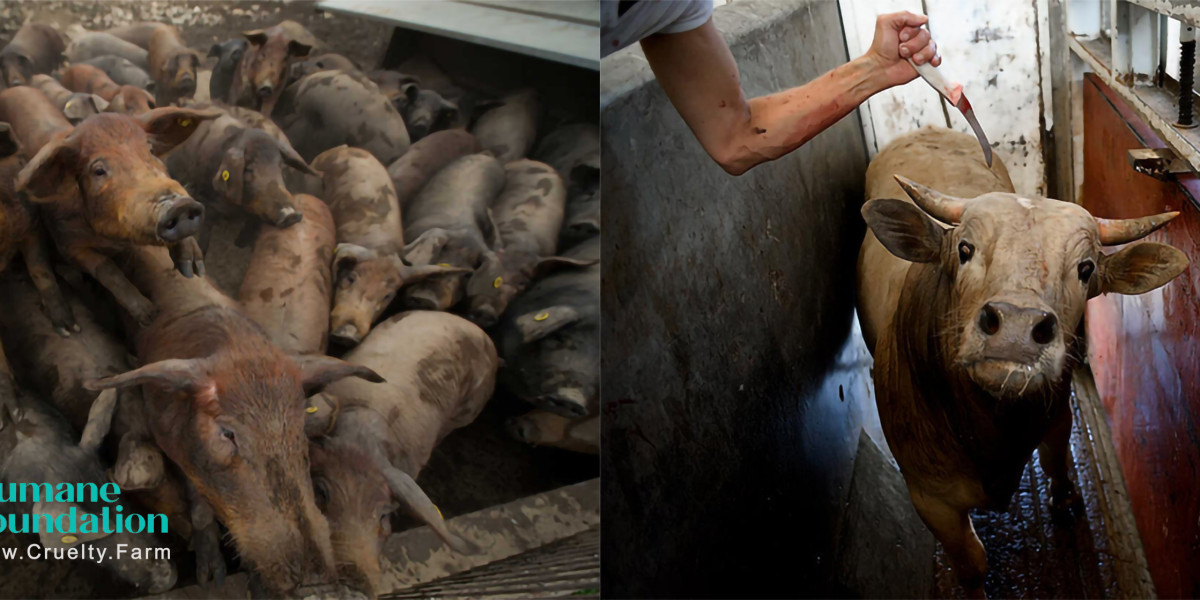The term "free-range" often conjures images of chickens roaming freely in open pastures, leading consumers to believe they are making a humane choice by purchasing these products. However, free-range eggs cruelty is a hidden issue that many consumers are unaware of. Despite the ethical promise implied by the label, the reality of free-range eggs cruelty reveals that not all free-range practices are as humane as they seem. Understanding the nuances of free-range eggs cruelty is essential for making informed decisions and advocating for truly ethical farming practices.
One of the key issues contributing to free-range eggs cruelty is the vague and varied definitions of "free-range." While the label suggests that hens have access to outdoor spaces, the actual conditions can differ significantly from farm to farm. In some cases, the outdoor access is minimal or of poor quality, with small, barren areas that do not allow hens to exhibit natural behaviors. This limited access can result in overcrowding, where hens are packed closely together, leading to stress, aggression, and injuries. To address free-range eggs cruelty, stricter standards and clearer definitions are necessary to ensure that free-range truly means ample and quality outdoor access.
The indoor conditions of free-range farms also play a crucial role in free-range eggs cruelty. Even if hens have some outdoor access, they often spend a significant amount of time indoors. In many instances, the indoor environments are overcrowded and lack enrichment, preventing hens from engaging in natural behaviors such as dust bathing, foraging, and perching. The confinement and lack of stimulation can lead to frustration and harmful behaviors like feather pecking. Improving indoor conditions with adequate space and environmental enrichment is essential in reducing free-range eggs cruelty.
Another aspect of free-range eggs cruelty is the handling and management practices on these farms. Routine procedures such as beak trimming and the culling of male chicks can cause significant suffering. Beak trimming, performed to reduce aggressive pecking, is a painful procedure that can lead to chronic pain and difficulties in eating. The practice of culling male chicks, which are considered economically unviable, involves killing millions of day-old chicks each year. These practices highlight the need for more humane management techniques to truly address free-range eggs cruelty.
Consumers have the power to influence the industry by demanding higher welfare standards and transparency. By choosing products certified by reputable animal welfare organizations, such as Certified Humane or Animal Welfare Approved, consumers can support farms that adhere to rigorous standards and minimize free-range eggs cruelty. Additionally, raising awareness about the hidden realities of free-range labeling and advocating for stronger regulations can drive industry-wide improvements.
Technological advancements and innovative farming practices offer promising solutions to reduce free-range eggs cruelty. For example, advances in sexing technology can prevent the culling of male chicks by determining the sex of embryos before they hatch. Enriched colony systems, which provide more space and opportunities for natural behaviors, can also improve the welfare of free-range hens. Implementing these innovations can help create a more humane and sustainable egg industry.
In conclusion, addressing free-range eggs cruelty requires a comprehensive approach that includes stricter standards, improved conditions, humane management practices, and consumer advocacy. By understanding the complexities behind the free-range label and supporting truly ethical farming practices, we can mitigate the suffering associated with free-range eggs cruelty. Through collective effort and increased awareness, we can ensure that free-range truly means a better life for laying hens, aligning our purchasing decisions with our ethical values.
